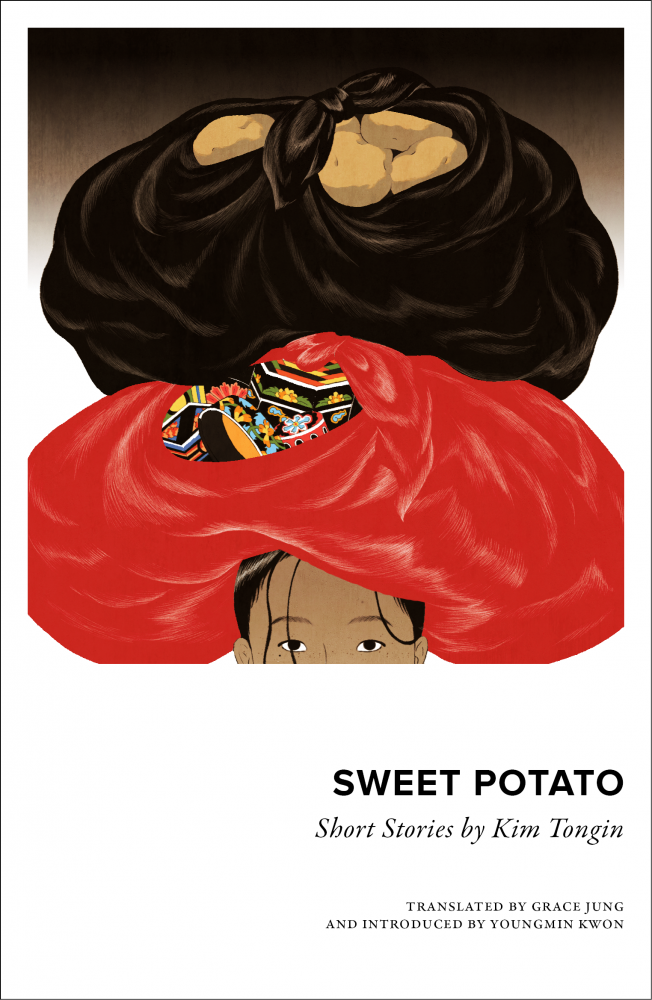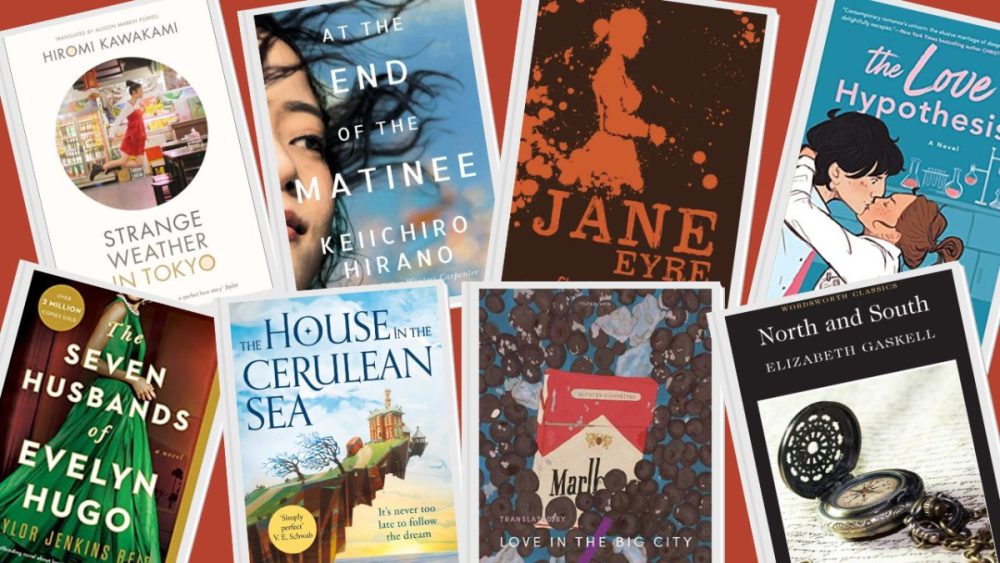It’s troubling to think on what we’ll miss when we’re gone, and what we may never know about what has already passed. How much of history is lost to us? How many wonderful and terrible things will we never live to see? Both of these questions were in mind as I pored through the stories in Sweet Potato.
So, What’s It About?

Sweet Potato is a collection of short stories by the late Korean author Kim Tongin, who died as the Korean War raged and so did not live to see the separation of North and South. This is part of what led me to ponder the past and the future: Kim didn’t see what happened to his country, a fact made more interesting when you consider he was born and raised in Pyongyang, the capital of what is now North Korea. This may certainly be counted as a blessing for the writer, but perhaps not for the family and friends he left behind.
What also came as a blessing is Honford Star, who, by translating a lost piece of Korean literature into English, have done far more than simply provide us with some excellent stories. They have also given us a fresh and rare insight into traditional Korean culture before the Korean War, as well as what Pyongyang society was like prior to the tyrannical Kim regime.
A great portrait of pre-war Korean culture is painted in my favourite story from this collection: Boat Song: A Brother’s Lament. Here is a tale in two halves: one, a first-person narrator wanders a boat festival on and around the Taedong River, admiring so much of the natural beauty and the atmosphere he wanders through; the other, a saddening tale by a man whom the narrator meets, a sailor carrying the heavy burden of guilt for the loss of his wife and the scorn of his brother.
“The black kites praise the lull of spring, drawing a circle high up in the sky, heightening the beautiful spring’s intoxicating scent.”
Boat Song is a graceful story, told with incredible juxtaposition between the opening pages – pages which deliver such stunning and vivid descriptions of the sights and sounds of the festival, the reader would be forgiven for smelling the flowers and believing they’d gone mad – and the story proper, a dizzying tale of jealousy and masculine aggression which leaves the reader feeling sick and perhaps a little sorry.
“He sings the paettaragi for me once more. Ah, a remorse locked inside that song that can’t be tended to. A painful longing for the ocean.”
So many short story collections fall into the trap of genre, where the tone and the themes of one story bleed into the next, and the next, and so on. But not here. In Sweet Potato we have a wonderful and thrilling sense at the end of each tale that anything is possible in the next.
Comparing the personal failings of the characters in Boat Song and the titular tale Sweet Potato, the reader may see parallels, but these are important when we consider the gender differences between characters in these stories, and how disparate men and women, and Korean society’s treatment of them, were at this time (and, unfortunately, still are today). And the history lessons taught here are precious indeed.
Early on, the reader will be treated to the harrowing tale simply titled Flogging, an account of the lives of prisoners under the Japanese pre-war occupation of the Korean peninsula.
While this may be fiction, it is a product of its time, and as such is fuelled by the true pain and anger felt by the powerless peoples of Korea at this time. So much of history is written long after the fact, but this story, though fiction, is in some ways a more precious piece of history than anything written years later.
Conclusion
Sweet Potato is a vital collection of stories for any reader who wants to understand Korean life before the country was torn in half by war and political strife. Each story betrays a deep understanding of the human heart, filled with tales of deep human failure, resentment, jealousy, selfishness, and the everyday lives of ordinary people. These pages offer us history, culture, and perfectly translated, beautifully written language which carries the reader effortlessly back to a world long since dead but, thanks to Honford Star, no longer forgotten.
A Unique Publishing House
I must sing the praises of Honford Star, a publishing house with a wonderful mission: to dig up old East Asian authors who had never been granted a wider Western audience, and have them translated and published beautifully in English for the first time.
The quality of their books is astonishing, with lengthy introductions (this one by professor of Korean Literature, Youngmin Kwon) which provide essay-quality, detailed contextual and biographical information on the writer and the world in which they lived.
Each book’s artwork is drawn by a local artist hand-picked by Honford Star, and adds a level of beauty to these books which makes getting a physical copy arguably essential to achieving the desired effect on the reader which the publisher has worked so hard to forge.
We have reviewed other novels by Honford Star: Endless Blue Sky and Scales of Injustice.



